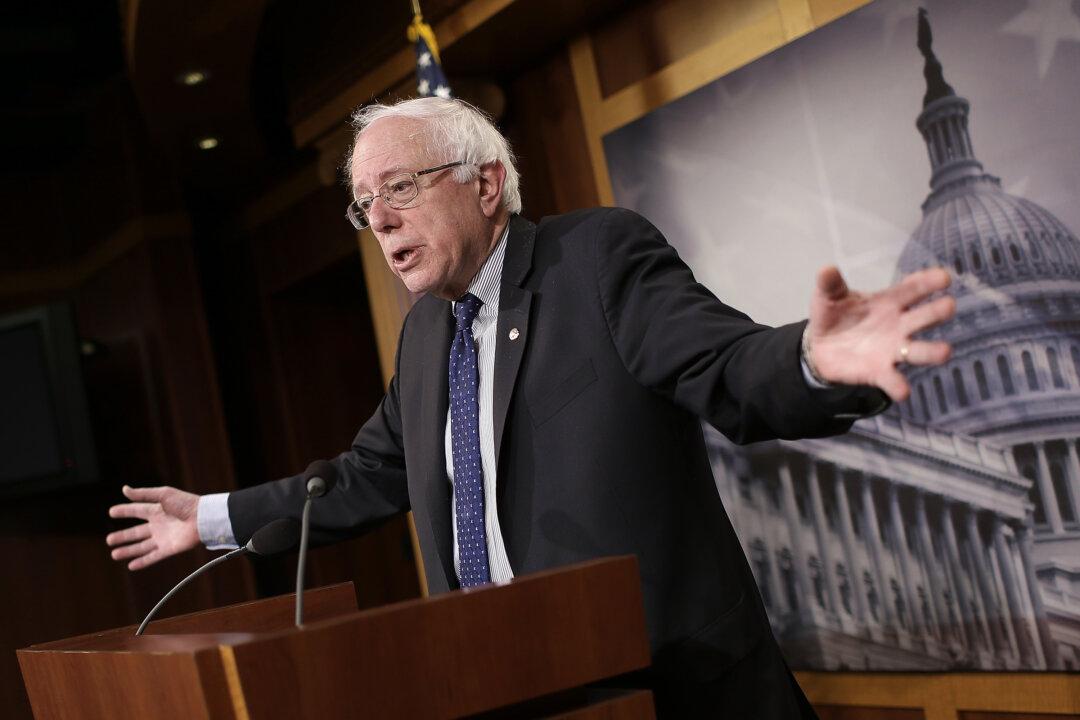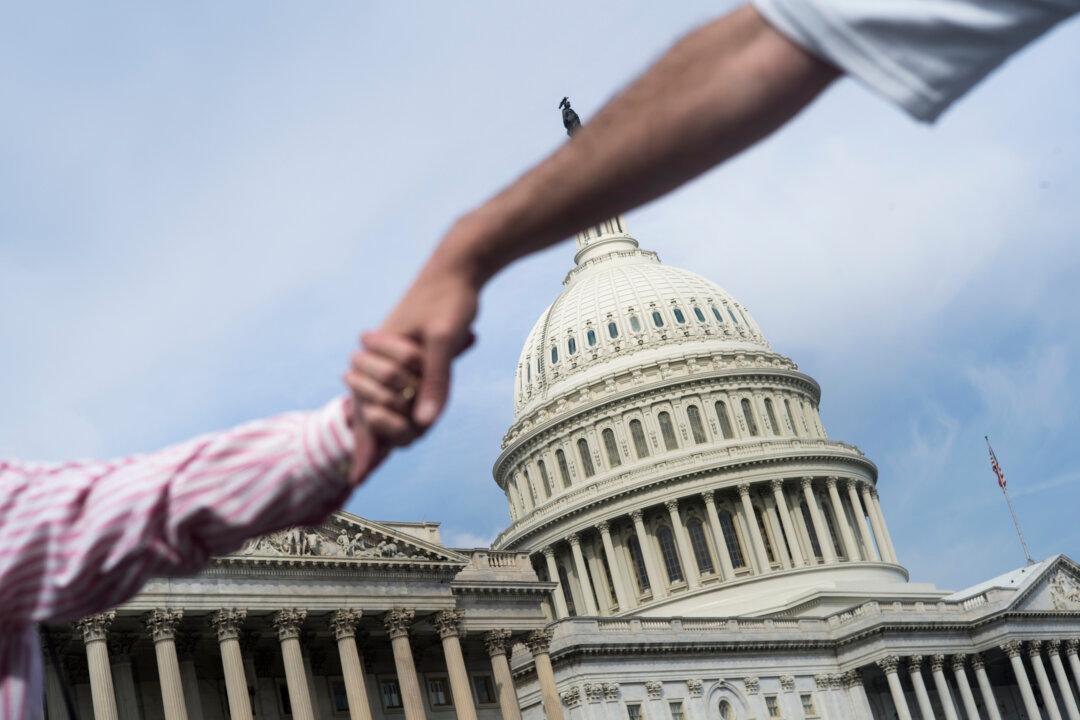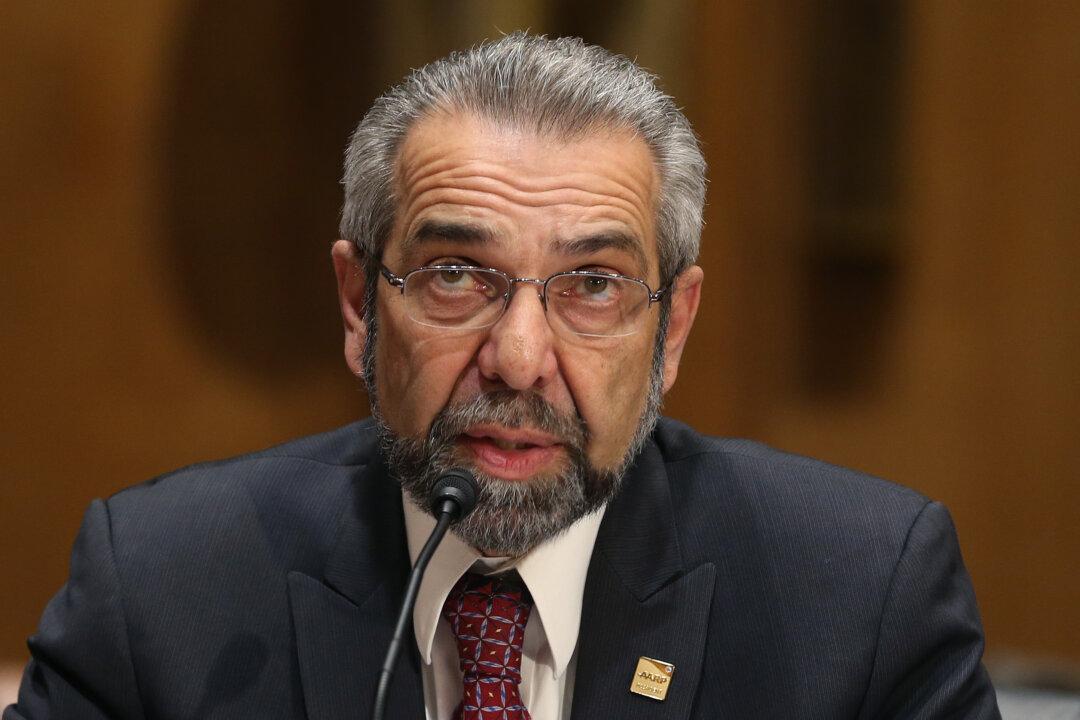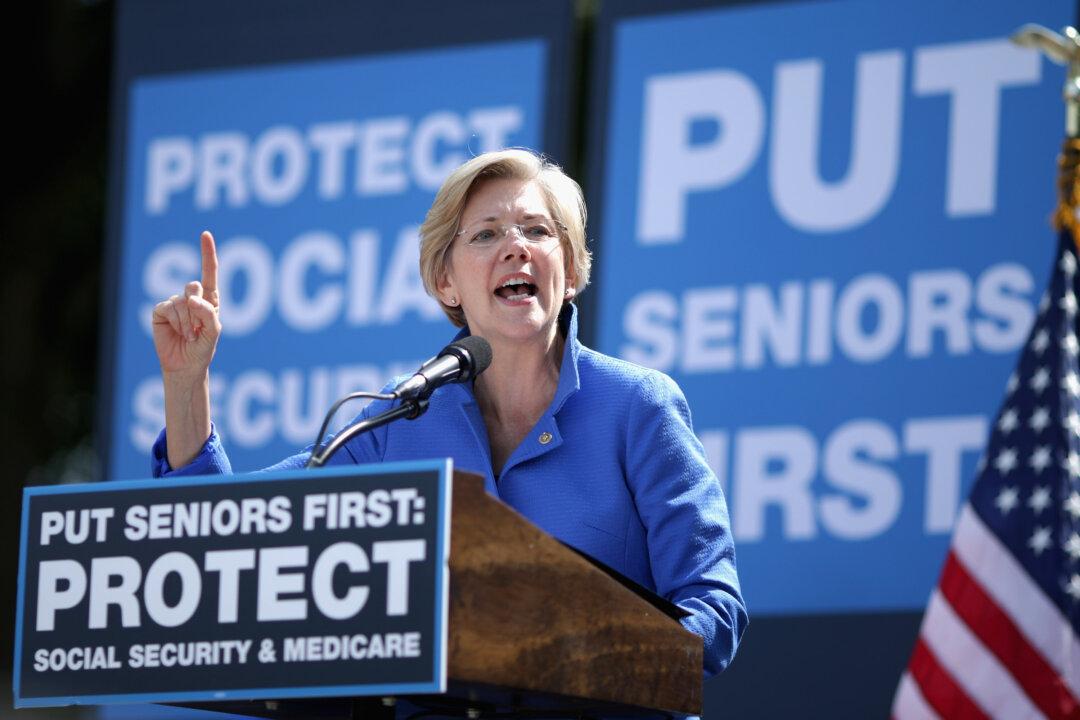This is the second part in a series on Social Security. Read the first article
Those who believe the baby boomers are to blame for Social Security’s financial problems are dead wrong. The boomers are not the villains. They are the victims! The boomers have already contributed more to Social Security than any previous generation.
Prior to the boomers, each generation was responsible for paying only the cost of benefits for their parents’ generation. But the boomers became the first generation required to prepay the cost of their own benefits, in addition to paying for their parents’ benefits.
The purpose of the 1983 payroll tax hike was to generate large Social Security surpluses for about 30 years, to build up a large reserve fund that could be tapped to supplement payroll tax revenue once the baby boomers began retiring in 2010. The surplus money was to be saved and invested in marketable U.S. Treasury Bonds—the kind that China and all of our other creditors hold.
If the intent of the 1983 legislation had been followed, the Social Security trust fund would now hold $2.7 trillion in marketable bonds. But the government turned out to be a terrible steward of the baby boomers’ money. Instead of saving and investing the money, the government embezzled the surplus money, and spent it for non-Social Security purposes.
If you think “embezzlement” is too harsh a word for what the government did, I refer you to the Congressional Record (Page S14759), which is the record of Senate proceedings on Oct. 9, 1990. On that day, a large sign had been brought to the Senate floor as a visual aid. The homemade sign had the word “EMBEZZLEMENT” printed in large red letters on it.
The sign was held high as Sen. Harry Reid spoke about the looting. Reid pointed to the sign as he spoke the following words: “On that chart, in emblazoned red letters, is what has been taking place here, embezzlement.” That important moment, and the “embezzlement” sign were captured and recorded, for posterity, by C-Span.
At that time, the government was deliberately embezzling Social Security money that was supposed to be saved and invested in marketable Treasury bonds for funding the retirement of the baby boomers.
As part of this concerted effort to end the embezzlement, New York Sen. Daniel Patrick Moynihan introduced legislation to repeal the 1983 payroll tax hike, so there would be no Social Security revenue to embezzle.
But President George H.W. Bush, who had been able to avoid tax increases because of the availability of the surplus Social Security money, angrily denounced the proposal and used all the powers at his command to defeat Moynihan’s plan.
The looted Social Security money must be repaid. If that is done, there will be enough resources to pay full Social Security benefits for at least 20 more years. Without repayment of the looted Social Security money, the government may be unable to pay full benefits as early as three years from now.
Since 2010, the government has been unable to pay full Social Security benefits without borrowing money from China or one of our other creditors. So, whether or not Social Security can pay full benefits in 2017 depends on the government’s willingness and ability to borrow the money.
The government must raise taxes, in order to generate revenue with which to repay its debt to Social Security. But, it must not use higher payroll taxes as the vehicle with which to replace the embezzled money. If that were done, the boomers would be double taxed for their benefits.
They have already paid for their benefits, but the money they paid has been embezzled and spent for non-Social Security purposes. If payroll taxes were increased, the baby boomers would be forced to pay additional taxes to fund the repayment of their previous contributions, which were embezzled by the government.
Allen W. Smith taught economics to college students for 30 years before retiring as professor of economics at Eastern Illinois University in 1998. Smith has written eight books, including a high school textbook, “Understanding Economics,” published by Random House, which was used in more than 600 schools in 48 states. Dr. Smith has appeared on CNN, CNNfn, CNBC, and more than 200 radio talk shows. He holds a doctorate in economics from Indiana University. Copyright 2014 Allen W. Smith. [email protected] www.thebiglie.net.





